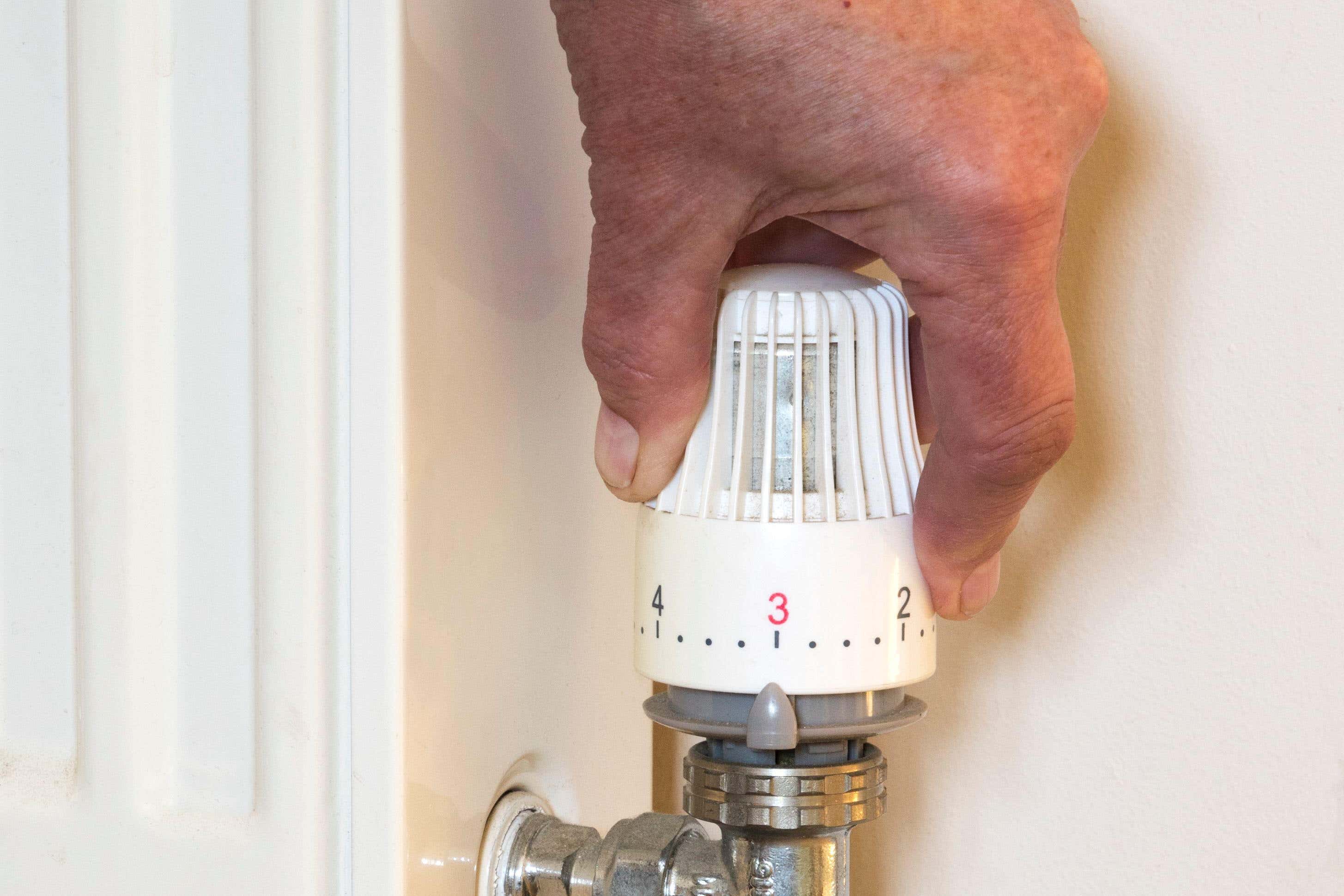How to save money by getting your home winter-ready
It pays to be prepared for the harsher months. By Vicky Shaw.

Your support helps us to tell the story
From reproductive rights to climate change to Big Tech, The Independent is on the ground when the story is developing. Whether it's investigating the financials of Elon Musk's pro-Trump PAC or producing our latest documentary, 'The A Word', which shines a light on the American women fighting for reproductive rights, we know how important it is to parse out the facts from the messaging.
At such a critical moment in US history, we need reporters on the ground. Your donation allows us to keep sending journalists to speak to both sides of the story.
The Independent is trusted by Americans across the entire political spectrum. And unlike many other quality news outlets, we choose not to lock Americans out of our reporting and analysis with paywalls. We believe quality journalism should be available to everyone, paid for by those who can afford it.
Your support makes all the difference.With the winter months ahead, now could be the perfect time to think about getting your home in order as temperatures drop.
“Delaying essential home and car maintenance can lead to expensive and inconvenient repairs in the long-term, with existing problems made worse by wintry weather conditions,” says Hazel Johnson, director of personal lines home and motor claims at Aviva.
“It’s also important to have the right insurance in place, just in case you do need to claim because of unexpected events during the winter months,” she adds.
“However, maintaining your car and home properly throughout the year is critical, as general wear and tear is excluded from most home and car insurance policies.”
So, where should you start?
Firstly, have a walk around the outside of your property. Make sure any garden furniture that was used over the summer has been stored away ready for next year, and look up at the roof to see if you can spot any loose or missing tiles or slates that might allow water through.
It could also be a good time to get your boiler professionally checked and perhaps consider boiler cover, in case of any breakdowns over the winter months.
Bleeding radiators should also help improve heat efficiency, as well as potentially saving you some money on winter heating bills.
Also remember to check your insulation and draught-proofing. Replace any broken seals on doors or windows and lag pipes to prevent them bursting over the winter.
Smart meters help people to track their energy costs and potentially help households to adapt their energy use habits, helping to save money.
The Energy Saving Trust, meanwhile, highlights on its website that heating controls, which help manage when heating is on and what temperature the room should be, can be upgraded or installed without necessarily replacing the boiler.
And MoneySavingExpert.com has a “ready reckoner” tool on its website to help households in England, Scotland and Wales check whether their energy direct debit is along the right lines.
Aviva also suggests motorists should check oil and coolant levels in their cars regularly, particularly if they are heading off on a long drive. If using antifreeze, the insurer also cautions people to make sure they don’t mix fluids and damage their engine.
And in very cold weather, the insurer cautions against adding water to screen wash concentrate, saying this can freeze both in the washer nozzles and on the windscreen.
Motorists may also want to check their insurance. Many policies offer the option to include breakdown or windscreen cover – so make sure you choose the level of cover that’s right for you and shop around for the most cost-effective and suitable deal.